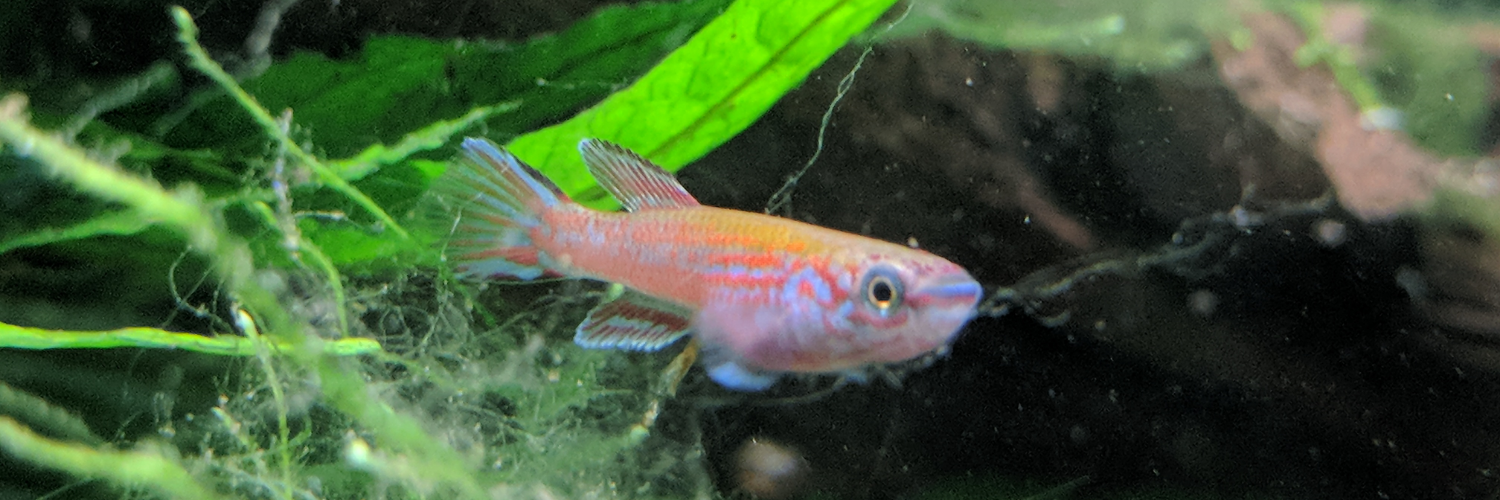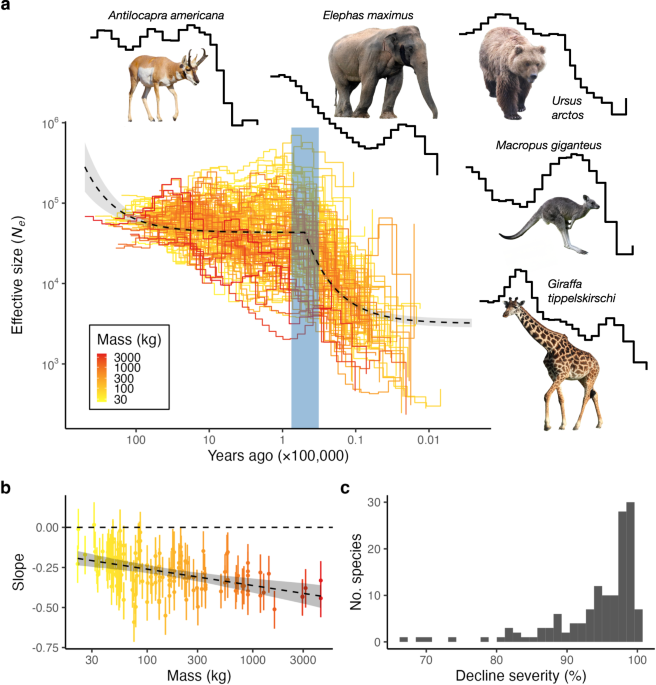
Oh oh, you're correct :( How did I not notice that; guess too much thinking about standard card games, plus no hand in the example input is a Five Of A Kind.
Here's a (hopefully correct) solution (in Python) where a Five Of A Kind hand is not allowed:
Code
i = open('day7_in.txt')
from collections import Counter
card_values = {
'A': 14,
'K': 13,
'Q': 12,
'J': 0,
'T': 10
}
deques = []
for line in i:
if not line.strip():
continue
cards, bid = line.split()
cards_repr = [int(card_values.get(card, card)) for card in cards]
counts = Counter(card for card in cards if card != 'J')
deque_type = [times for card, times in counts.most_common(5)]
jokers_left = cards.count('J')
for i in range(jokers_left):
for j, n in enumerate(deque_type):
if n < 4:
deque_type[j] += 1
jokers_left -= 1
break
if jokers_left:
if jokers_left <= 4:
deque_type.append(jokers_left)
else:
deque_type += [4, 1]
deques.append((deque_type, cards_repr, int(bid), cards))
deques.sort()
ans = 0
for n, d in enumerate(deques, 1):
ans += n*d[2]
print(ans)
The instructions for part 2 are missing info about how to handle the Four Of A Kind and a joker case. Wasted quite some time because I assumed that the remaining joker would remain unused, but turns out it turns your deck into Five Of A Kind.
Did everybody else just expect this?
Attached: 1 image RT by @ECDC_EU: #WorldAMRweek highlights a critical issue! Overusing #antibiotics threatens their effectiveness, leading to resistant bacteria. It’s essential we use these life-saving medicines responsibly. #HealthUnion #OneHealthEU #StopResistance #WAAW23 #WAAW2023 @ECDC_EU 🐦...

Attached: 1 image 🚨🎄🚨 THIS IS NOT A DRILL 🚨🌟🚨 https://adventofcode.com/

Just sad :(
btw here's the same post from within the fediverse: https://masto.ai/@CopernicusECMWF/111449188759713945
Extinction of megafauna is a defining trend of the last 50,000 years. Here, the authors use genomic data to infer population histories of 139 extant megafauna, suggesting that their population decline is better explained by Homo sapiens expansion than by climate change.

Attached: 1 image The #Chemistree is done and coloured using universal indicator.

What's your favorite so far?
Attached: 1 image SAVE THE DATE! The 2024 Galaxy Community Conference will be held from June 24th–29th in Brno, Czech Republic! See you there! #UseGalaxy2024 For more information on GCC2024, please visit: https://galaxyproject.org/events/gcc2024/

btw, EMBL Events are now on the fediverse: @EMBLEvents@mastodon.online
Bebilderte Ausstellung zur Entstehungsgeschichte der Pflanzen - vom Beginn des Lebens in den Ozeanen, zur Eroberung des Landes über die atemberaubende neue Vielfalt der Pflanzen bis hin zu uns Menschen und den dramatischen Auswirkungen des Klimawandels heute.
Produced by the MAdLand consortium and made publically accessible via Zenodo. The series was presented in exhibition form in several botanical gardens across Germany this summer. Only this German version exists, unfortunately.
Mpox is an infectious disease caused by monkeypox virus (MPXV), which is endemic in densely forested regions of West, Central and East Africa, particularly in the northern and central regions of the Democratic Republic of the Congo. Eleven of the 26 provinces of the Democratic Republic of the Congo ...
Concern about further spread of clade I of MPXV